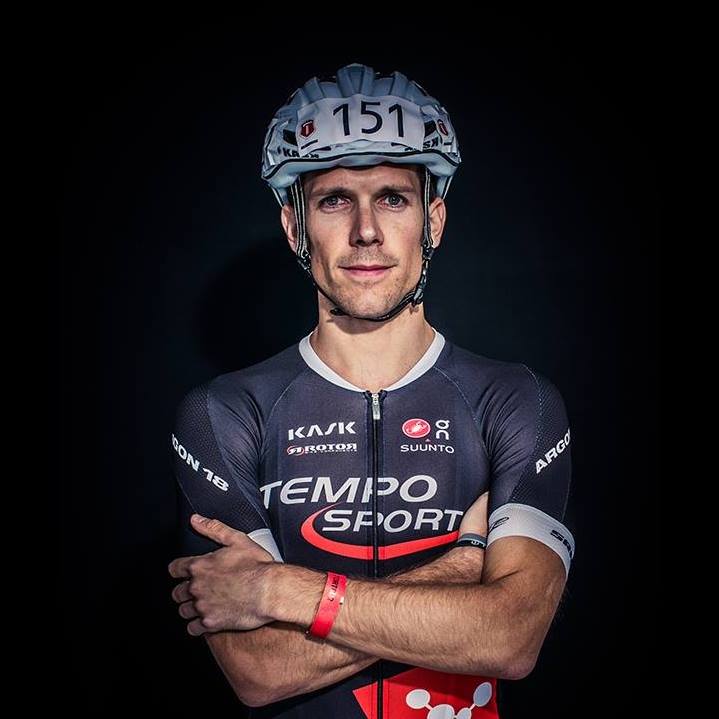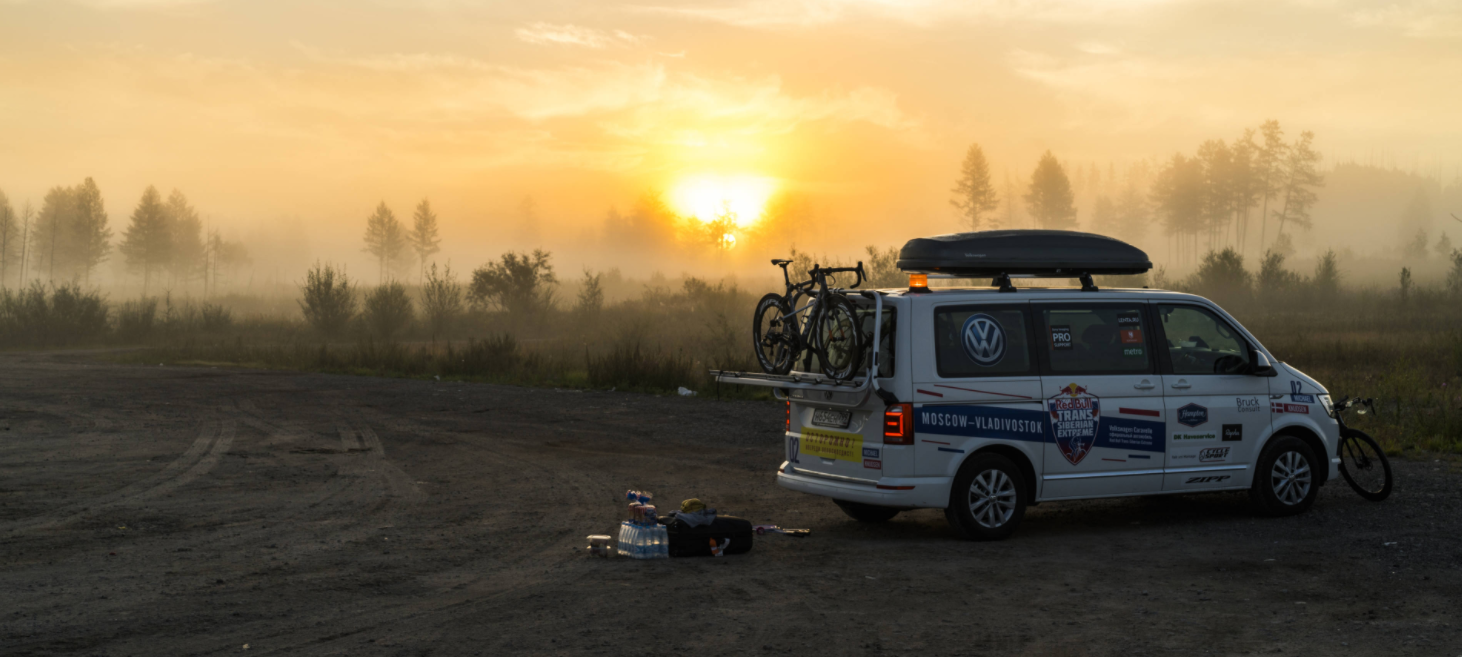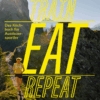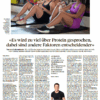The seduction of superlatives
The British alpinism icon George Leigh Mallory, deceived 1924 attempting the first ascent of Mount Everest, once answered the question, why he wanted to conquer Everest: «because it is there!» The conciseness of this statement could have come from the ultra-cyclist Rafael Wyss answering, why he the world’s toughest cycling race: «Because it’s badass! »
Rafael Wyss has the brain and the body to conquer the really insane endurance tests. While others start to falter when the voices in their heads become louder after the first few hundred kilometres, he seemingly only loosens up to put the hammer down. He repeatedly proved his strength in ultra-cycling-races around Switzerland or Mallorca always claiming a spot on the podium. This summer though, he will attack the World’s longest and toughest bike race: he is riding the Red Bull Trans-Siberian Extreme – a race with 15 stages from Moscow to Vladivostok – a ludicrous distance of 9105 km.…in only 25 days!!!

Tougher than the steel of the Trans-Siberian tracks
Along the route of the Trans-Siberian railway the riders cross eight time-zones and five different climates. They will endure temperatures between 0 and 40 degrees centigrade, wind, rain and often sketchy road or traffic conditions. The Austrian energy drink brand Red Bull is known for its craze for superlatives and this is definitely one heck of a test. Each rider is accompanied by a support van, there are catering trucks, mechanics, doctors and PT’s to bring the small peloton safe and…hopefully in one piece to the finishline.
The fun starts beyond the boundaries of science
I am supporting Rafael for something more than a year now with nutrition advice for his mission. While the job at hand during prep is pretty much straight forward, the conditions and necessities during the race will be very uncertain. No research lab can mimic the load of such a race and there are so many factors influencing the performance and recovery of the rider over so many days that this is a super-exciting project for everyone involved. No research lab can mimic the load of such a race and there are so many factors influencing the performance and recovery of the rider over so many days that this is a super-exciting project for everyone involved. I am in touch with the brigthest and most decorated people in sports nutrition and when even the likes of Prof. Louise Burke, Dr. James Morton und Prof. Ron Maughan throw their hands in horror, you know you’re in for a big one.
Increased training volumes and «training the gut»
Currently we are in phase where we increase the duration of the rides in blocks of a few days. With planned periodization of nutrient availability we additionally boost the training stimulus. We also elaborate the fuelling strategy, testing which products in what dosage is working for Rafi. It’s great that for this we can rely on the experience and product suport of the Swiss sports nutrition company Sponser. Apart from these challenges, it is already a test to gobble down the increased amount of food for an athlete working a full-time job. With this amount of training he needs between 3000 – 8000 kcal every day in order not to tamper with his progress.
One of the major necessities is to train the gut, so that it can digest and absorb high amount of enery under load. This is something most athletes neglect – in training, especially those racing the longer distances.
You’ll find more updates on this exciting project in this blog in the coming months.
Foto Credit: Red Bull Trans-Siberian Extreme; Rafael Wyss




